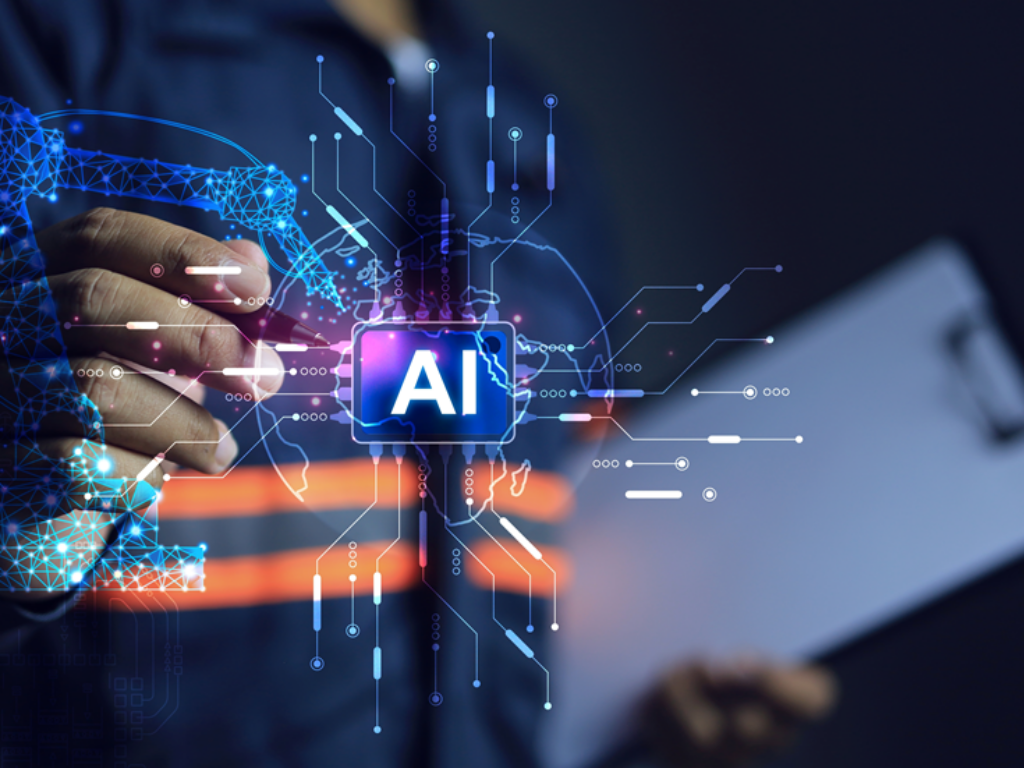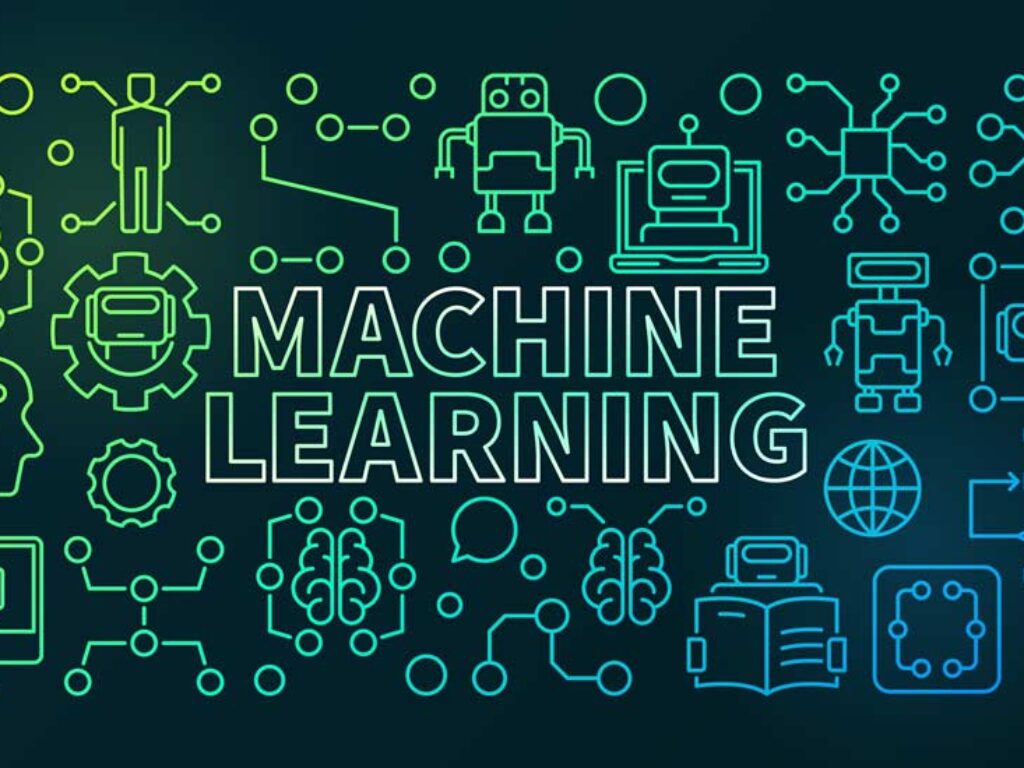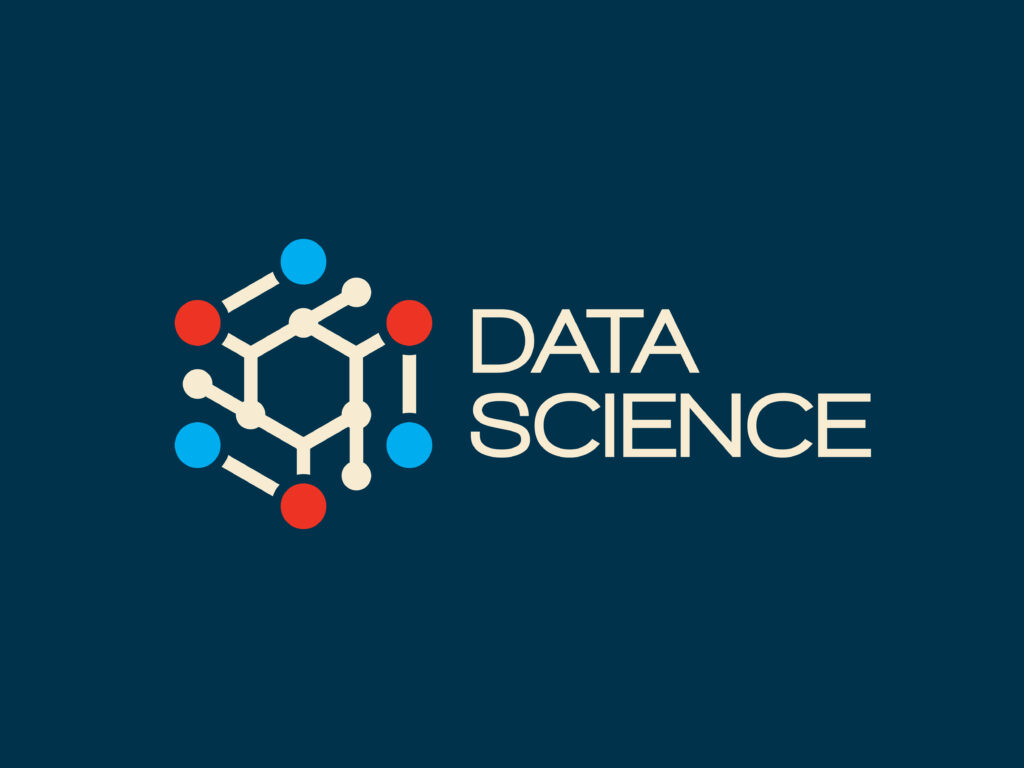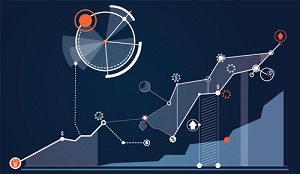An interdisciplinary team of researchers led by the University of Massachusetts Amherst recently published work in the prestigious journal Science calling into question the conclusions of a widely reported study — published in Science in 2023 and funded by Meta — finding the social platform’s algorithms successfully filtered out untrustworthy news surrounding the 2020 election and were not major drivers of misinformation.
Team Led by UMass Amherst Debunks Research Showing Facebook’s News-Feed Algorithm Curbs Election Misinformation
Turnitin Empowers Educators with New Offerings as AI Moves into Schools
Today, Turnitin, a leading provider of technology solutions in academic integrity, announced it will expand its offerings to advance classroom digitization through AI-powered grading, enhanced AI writing detection and customizable individual feedback for students.
IOP Publishing Launches Series of Open Access Journals Dedicated to Machine Learning and AI for the Sciences
IOP Publishing (IOPP) launched a series of open access journals dedicated to the application and development of machine learning (ML) and artificial intelligence (AI) for the sciences. The new multidisciplinary Machine Learning series will collectively cover applications of ML and AI across the physical sciences, engineering, biomedicine and health, and environmental and earth science.
Machine Learning Career Path: Exploring Opportunities in 2022 and Beyond
In this special guest feature, George Tsagas, Owner of eMathZone, discusses how machine learning professionals can work as data scientists, computer engineers, robotics engineers, or managers. But if you want to make a career, the first step in finding opportunities in the field of machine learning is to understand the different types of jobs and skills needed.
Data Science: U-M Partners with Google to Offer Job-ready Tech Skills Program
A new flexible online training program on data science will prepare job-seekers in Michigan and beyond to quickly enter one of the fastest-growing labor markets and advance their careers. The University of Michigan’s Center for Academic Innovation created the program, “Data Analytics in the Public Sector with R,” for data science and other professionals interested in how public data sets can drive decisions and policymaking in the public sector. The course complements current Google career certificates, flexible online “Grow with Google” job-training programs for high-demand fields.
AI Under the Hood: Mixing Things Up – Optimizing Fluid Mixing with Machine Learning
Fluid mixing is an important part of several industrial processes and chemical reactions. However, the process often relies on trial-and-error-based experiments instead of mathematical optimization. While turbulent mixing is effective, it cannot always be sustained and can damage the materials involved. To address this issue, researchers from Japan (Tokyo University of Science) have now proposed an optimization approach to fluid mixing for laminar flows using machine learning, which can be extended to turbulent mixing as well.
Research Highlights: Why Do Tree-based Models Still Outperform Deep Learning on Tabular Data?
In this regular column we take a look at highlights for breaking research topics of the day in the areas of big data, data science, machine learning, AI and deep learning. For data scientists, it’s important to keep connected with the research arm of the field in order to understand where the technology is headed. Enjoy!
Franz’s Allegro CL® Used for Scheduling the Hubble Space Telescope Discovery of Earendel
Franz Inc., an early innovator in Artificial Intelligence (AI) and leading supplier of Graph Database technology for Entity-Event Knowledge Graph Solutions, announced that its Allegro CL (Allegro Common Lisp) dynamic object-oriented development system used by the Space Telescope Science Institute to develop the SPIKE Hubble Space Telescope observation scheduler has aided in the discovery of “Earendel,” the farthest star ever seen in the universe.
University of Illinois Professor’s Expertise in Machine Learning for Audio Benefits Creation of New Beatles Documentary
From the first time he used a synthesizer, Illinois Computer Science professor Paris Smaragdis knew that he wanted to learn how technology could make or alter music. What’s followed is a career in academia that centered his Artificial Intelligence research on the question: What does it mean to take a stream of sound and then break it down into its individual components? Nothing he’s accomplished has been more “mind-bending” than the recent work he completed with a team of engineers to boost the audio quality of director Peter Jackson’s recent documentary titled “The Beatles: Get Back.”
Research Highlights: Using Theory of Mind to improve Human Trust in Artificial Intelligence
eXplainable Artificial Intelligence (XAI) has become an active research area both for scientists and industry. XAI develops models using explanations that aim to shed light on the underlying mechanisms of AI systems, thus bringing transparency to the process. Results become more capable of being interpreted by both experts and non-expert end users alike. New research by a team of UCLA scientists is focused on boosting human trust in these increasingly common systems by greatly improving upon XAI. Their study was recently published in the journal iScience.













